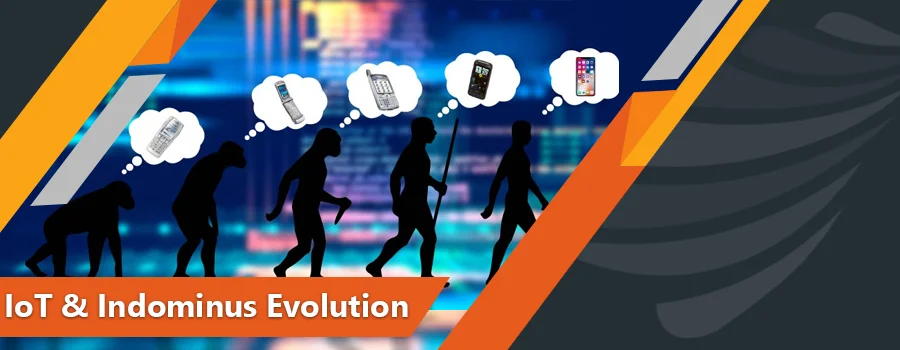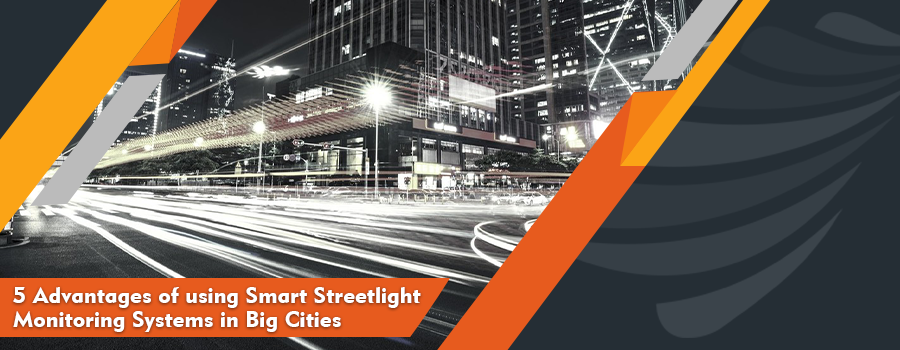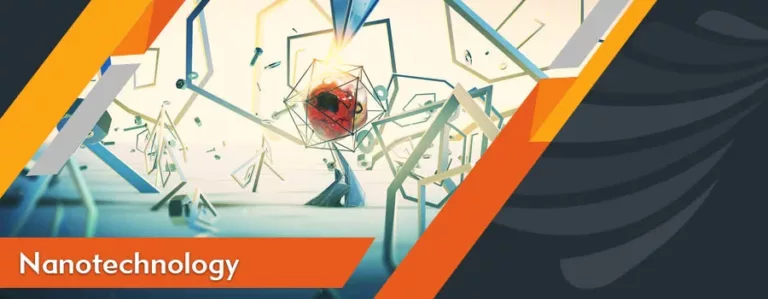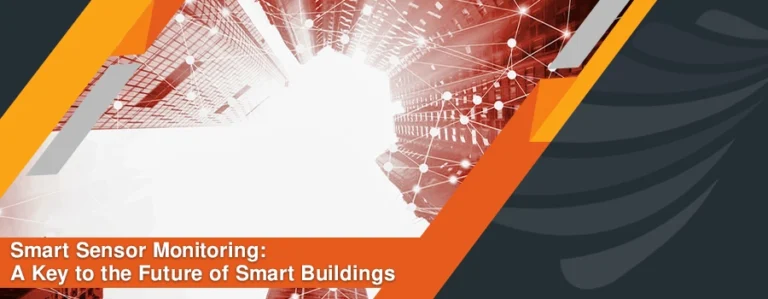Ushering into 5G’s Era
IoT is the future – imagine a place where you will have unlimited possibilities of future: swift medical attention, no more lines, zero car accidents, smart homes and appliances making life easier, smart cities producing efficient resources, and smart apps ordering finished groceries for you. All this which is possible now was nothing but a feeble thought at the beginning where innovative minds were afraid to speak such ideas aloud.
But impossible is a myth like voice commands in the early ’20s. Every new day a discovery transforms the very foundations our world is built upon. In the blink of an eye, camera phones changed the communication industry, USB flash drives changed data storage and movement, Bluetooth initiated wireless communication, Facebook transformed social media and connections; numerous such inventions left the human thirsty for more.
When the Internet becomes a necessity; modern technologies born, innovative ideas took place, and inventions begin pouring in. 2G, 3G, 4G, and now we are on the brink of excitingly new evolution: the 5G. There was a time when the first-ever wireless phone came into our lives – everybody labeled it as “miracle of the Science”; little did they knew it was the beginning of something unimaginable.
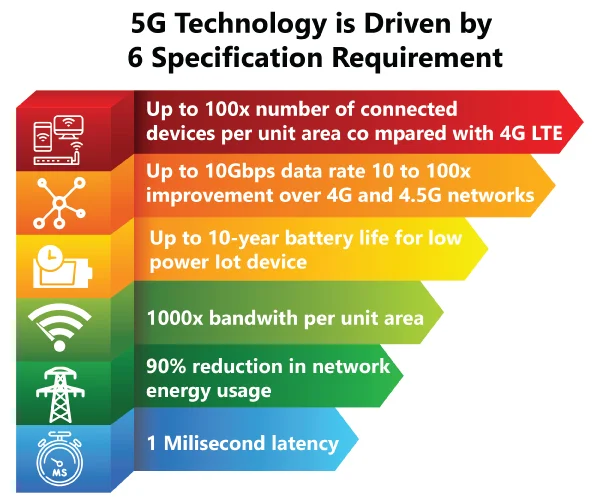
Currently, a mobile phone, commonly known as “Smartphones”, is a world within. Either the devices/appliances/gadgets/machines are connected to it directly, or interconnected through a network; either way, it is the soul of our society, our world. There is no such word “static” in today’s technological realm – everything is ever-evolving, and most of us could not even keep with the pace of innovations happening around us. There was a time the “mobile phone” was unable to keep a call connected; now the “Smartphone” connects us to the world: cars, appliances, devices, etc.
With the advent of 4G, the world saw a rise in everything – especially in the field of Internet of Things or “IoT”. IoT gave each sector, along with 4G (soon converting into 5G) a boost – healthcare, automobile, manufacturing, construction, farming & agriculture, introducing a way of living for all. Approximations tell us around 760 million to four billion devices are predicted to be connected: a substantial number of devices. Coming to the present era, 5G is around the corner – an ever-greater potential waits for us all soon.
These two are not some new era technology – 5G and IoT is the future, an advanced generation of wireless technology. Like any other industry, the mobile/communication industry grabbed IoT technology before anyone can think about it. Transforming the fundamentals of the mobile’s infrastructure combining powerful forces to create phenomenal computational speed, vast bandwidth, enhanced power proficiency, and ultra-low latency. If we look at the present situation created by 5G advancements; it gives a promising outlook for highly integrated and dense IoT deployments. But future deliverances of cellular technology have even significant potential.
IoT devices are highly dependent on the rate of communication between devices – commercial uses and their success is all about performance. Be it software connecting other software on devices, smartphones, laptops, etc. 5G provides the maximum speed compared to current LTE networks around the globe. 5G will support IoT devices to communicate and transfer data/information rapidly. Speed is of the utmost importance in the IoT industry – the faster a device’s communication and transfer rate, the more successful and useful that gadget is. Speed is not the only thing the world is attaining by the arrival of 5G; unparalleled connection stability is being provided by 5g to every network. No lost data, no hassles, and no more seeing “reconnecting” on screens.
A stable connection is important for all; but imagine, due to poor network connectivity locks on your doors get opened, appliances in your home malfunctioned, office building made an erroneous decision due to a small fragile connection. The consequences will be severe. According to a survey, it is anticipated a tremendous rise in the 5G connections (approx. two billion) by 2025. As of 2020, we have witnessed the successful launch of 5G commercial services in forty-two countries. As for IoT, 5G is and will be a “road to Damascus” phrase – a complete significant change.
5G has everything enhances – speed, performance, connection stability, security, robustness, and smartness; a perfect combo for IoT devices which are embedding with AI, Data Learning, Machine Learning, and other such potent technologies. Latency is completely unacceptable for IoT and 5g promises and unyielding stabilization. It is the talk of yesterday – driverless cars, sustainable energy, and factory robots. New is Synthetic Intelligence, robots as Surgeons, and such usage/implementation on a hyper-scale around the globe. It is like emancipating a colossal IoT ecosystem universally; billions of interconnected devices working simultaneously, with a balance between latency, speed, and costs.
5G is a lot to take in – high-density sensors for data collection, enabling the digitization process in plants, office buildings, etc., and delivers precise visualization with maximal productivity leaving out the complex wiring structure and technologies laced with latencies. These sensors are where the IoT comes in – using powerful technology such as AI and high-speed connectivity provided by 5G; these sensors can perform well for Asset Tracking, Smart Parking, Car Dealerships; IoT is created to connect millions of sensors/devices, and 5G can manage millions of connected devices. There is not much that 5G or IoT could not do.
How 5G is being utilized with an IoT device is dependent upon the use-case. The fundamentals of 5G are to provide swift data transfer, data collection, stable connectivity, assisting massive network of machine-type communications, eradicating human interference throughout the process, minimizing human errors. Ultra-reliable, minimal latency in communications and a steadfast connection are the attributes of devices connected with 5G. Reliability provided by 5G to IoT devices can be seen in the “real-time” communication of data with other devices around the globe. Data delivery against data transfer over Ethernet – connection: Wi-Fi, etc.
5G is the supreme communication technology for connectivity; in short, perfect for an IoT device, but all these features of 5G for an IoT depends upon an IoT criterium’s and application’s demands. The lower the endpoint the better the communication (latency, if allowed to be more than ten milliseconds). 5G also assists deployments of devices that require a broad range of bandwidth. For example, deploying surveillance video cameras would depend highly on 5G’s extraordinary capacitance and ultra-low latency, empowering ultra-high-definition (UHD) 8K, real-time video feeds with resulting in the reductions in requirements for device density.
There are numerous industries ready to take heads-on the benefits that are visible with 5G and IoT’s amalgamation. Automobile, farming/agriculture, natural resources, manufacturing, healthcare, construction, etc. – infinite possibilities for all of these and many more. There is one simple catch; 5G is not the only best choice for an IoT-based organization – there will be combinations where 5G will work in pairs. Technologies such as Bluetooth, NB-IoT, Wi-Fi, etc. will still be working with 5G. Organizations ought to evaluate and list performance-oriented features their implementation/application requires that other technologies failed to provide in the deployment scenarios. 5G indeed is a powerful platform, but excessive use of it could result in over-costing, especially, for high-density endpoints for the IoT industry. IoT devices relate to the help of wired technologies – Ethernet, to be precise. 5G’s wireless solutions help IoT sensors to connect numerous sensors at a single instance with a stable connection. This is a fact – 5G is helping to unleash the massive IoT power in no time.

